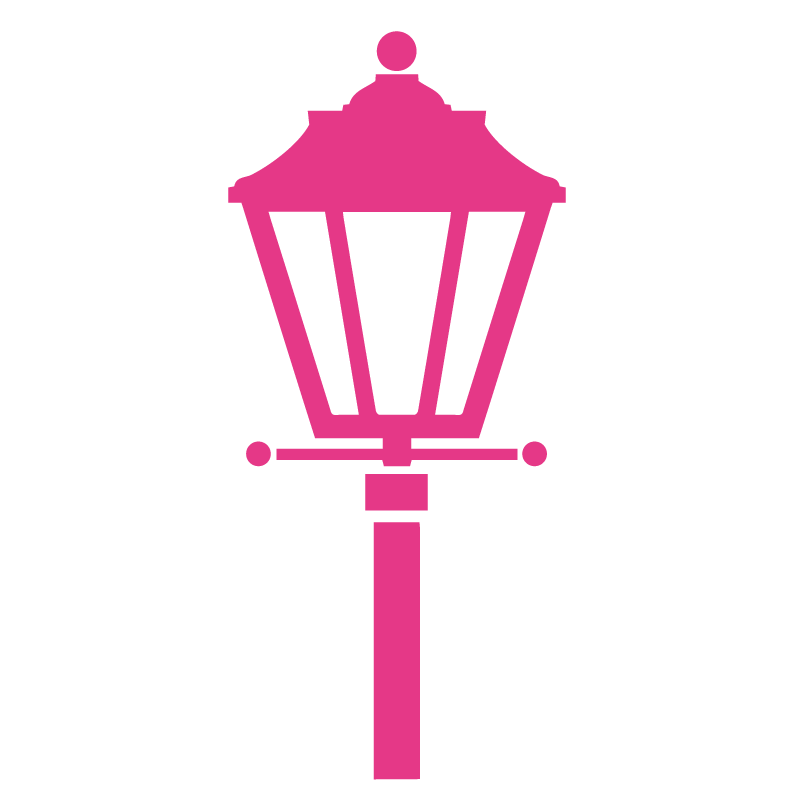Tips on Buying a Home for Retirement
- Jen Bedard

- Jun 6, 2018
- 2 min read
Updated: Dec 6, 2019

Now that the kids are gone your home is suddenly far bigger than you need. This is especially true if you are in your 60’s or older. What do you do? Well, you’ve heard the term ‘downsizing’ right? That’s pretty much the way you have to look at it as your housing needs change in your senior years. Your health, your physical wellbeing and your activity level will all dictate what kind of home you will need going into retirement. Simply put, the home you bought in your 30’s just isn’t the right fit for you now. So how do you know what the right fit is now? Here are some tips on buying a retirement home to help you see that your present home is probably not going to be the one you retire in.
1 – Location, Location, Location
These are still the buzzwords that keep the home buying industry going. They also should weigh heavily on your decision for where you would like to eventually retire. Your hobbies, interests, family locations and access to medical care should all be factored in to the equation. You could find you may have to leave your present community in order to find the right fit.
2 – No More Stairs
Yup. It is that time in your life to consider that multi-level homes can be a bit much to get around in. This is why rancher-style homes (bungalows) – those with just one storey – are popular choices for soon-to-be and already-there retirees. You do need to figure out how much space you require for all the things you need to live comfortably in a home without an upstairs or basement.
3 – Bigger, Wider, Lower
Mobility is going to be an issue sooner or later in your life. This means that should a wheelchair or walker become standard equipment inside your home you will want to make sure there is enough room to get around easily. This means bigger entries, wider hallways and lower thresholds in things such as a walk-in shower to eliminate tripping hazards.

Finance Smart
Sure, you could easily put a huge down payment on a new-to-you retirement home. That’ll help you pay it off quicker but that may limit your existing cash flow. It may mean looking at a mortgage but with one you’ll still be able to maintain your present lifestyle and pay off your home. Building your retirement home is a completely different matter altogether.
Are You Ready For The Change?
Moving to a smaller, more functional home to keep you active and well into your 80’s and beyond doesn’t have to be difficult. As we age, our housing needs change considerably. For advice on how to best address this and to see what is available in the Niagara region to fit your budget, contact me today at 289-213-7031. I can help you find the perfect retirement home to fit your needs.










Comments